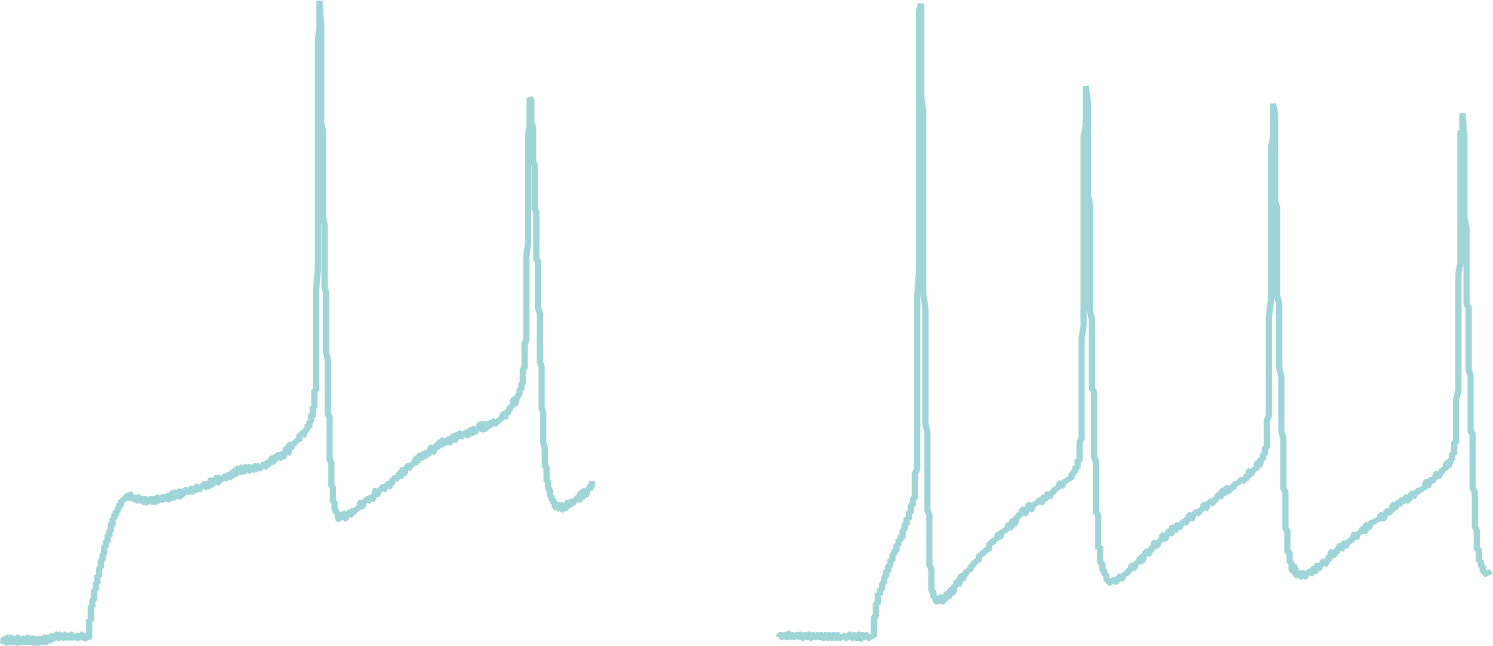Our lab investigates the neural circuits involved in maternal behavior.
Becoming a mother is a powerful transformation affecting different brain and body functions. Critical adaptations during the postpartum period influence maternal metabolism and hormonal release to maintain lactation and infant care.
We are specifically interested in understanding the synaptic and circuit mechanisms which underlie the neural processing of cues from the newborn to promote maternal behaviors.
An important player in maternal physiology is the neurohormone oxytocin. Release of oxytocin from the hypothalamus occurs during nursing but can also be triggered by other offspring signals (such as cries) to enable maternal care. We are exploring the neural pathways and plasticity phenomena controlling the activity of hypothalamic oxytocin neurons in maternal mice. To study how different sensory cues from the newborn affect neural responses, oxytocin release and maternal behavior, we combine multiple state-of-the-art approaches including in vivo and in vitro electrophysiology, fiber photometry, mouse behavior, viral tracing approaches, opto-/chemogenetics, molecular and pharmacology tools and newly-developed neurotransmitter sensors.
Anatomical tracings combined with chemo-/optogenetic studies during behavior and new oxytocin sensors, allow us to define specific neural circuits relaying infant cues which gate hormonal release.
Recordings of pup vocalizations and playback to awake maternal mice.
We perform in vivo awake cell-attached and whole-cell recordings of optically-identified neurons, as well as fiber photometry recordings during behavior, to investigate how sensory stimuli from infants are detected across different areas of the maternal brain.
Fiber photometry recording of oxytocin cells during nursing.
We use channelrhodopsin circuit mapping in acute brain slices to functionally characterize different inputs. We study synaptic transmission and plasticity in both neurons and astrocytes in order to gain mechanistic understanding about the emergence of neural responses in vivo linked to maternal behavior.






